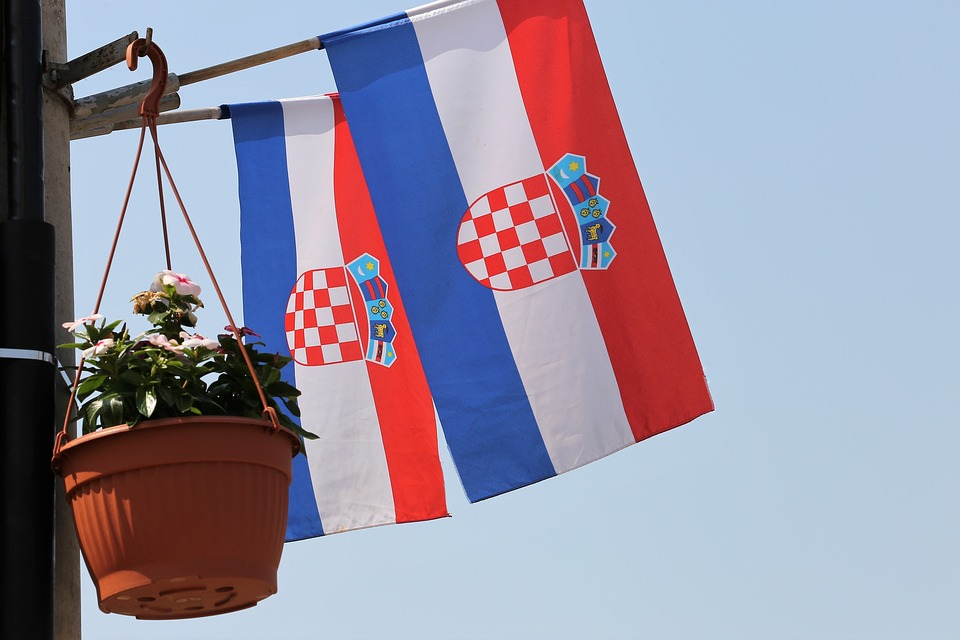As Poslovni Dnevnik writes, there is no winter rest period or a sense of being ”out of season” for Croatian startups, and despite investors’ caution towards making any particularly risky investments, as much as 958.3 million US dollars were invested in Croatian startups in the first three quarters of last year alone. The aforementioned was concluded at the Algebra startup meetup, which was recently held at the Algebra campus in the City of Zagreb, on the Algebra Spark Event Space premises.
Bernard Ivezic, the editor of the Startup Report magazine, said that the appearance of unicorns such as Infobip and Rimac, as well as big exits like Nanobit and Gamepires, and now Photomath‘s astonishing success with Google, encourage an increase in investor interest in Croatian startups. Last year seeing a record number of Croatian startups receive investments proves that. “However, due to the war in Ukraine and the hectic exit from the coronavirus pandemic, investment values are lower than they were before, although for Croatian conditions they’re still very good. 2022 was the second best year so far,” Ivezic pointed out.
Four new venture capital funds are coming to the Croatian market, and over the next five years, the amount of money that will be made available to Croatian startups will be 10 times higher than it was in the past – standing at about 300 million euros. A lot of money also means more problems for funds that are going to need to start competing for startups, which makes the entire ecosystem quite dynamic and competitive, especially in an environment of crisis and economic uncertainty.
“In a crisis, it’s important to always lead by example, and that’s what the leaders of every startup should focus on. Investors expect this period to last 24 to 36 months. It’s the most difficult for seed stage startups that aren’t yet in the portfolio, because for them the risks are the greatest, as is their dependence on investors.
This is precisely why good networking with potential investors is most important – my advice is not only to look at them, but also at their portfolio of companies and the companies with which they’re connected, because building that network of acquaintances is the key to future success,” Miryana Joksovic from Arcion Labs pointed out, before reflecting on recent layoffs in the tech community.
“Most of those who were previously employed in large companies can hardly adapt to the new startup culture, so the question is how we can connect this talent to the startup ecosystem, because they’re used to different work standards, atypical for the dynamics of those entrepreneurs who are only just starting to build their own companies,” explained Joksovic.
Matija Nakic, the founder of Farseer, saw that every crisis, including this one, can also double up as an opportunity. “Our process of getting investments wasn’t dramatic and we got the hang of it quickly. Investments have slowed down if we look at the environment, while in the last two years there has been a lot of capital and a significant jump in employment and investments in IT companies. I love crises and I think they’re a good opportunity to rethink things like business models. People who left large IT companies like Google will surely find a job quickly because they have excellent knowledge and will return to the ecosystem and bring this new knowledge to young companies. I believe that we have an interesting couple of years ahead of us, especially with the increasing influence of AI”.
“In 2021 and 2022, capital was cheap not only for startups but also for funds. In the last quarter of 2022, there was a significant drop in investments. There is money, investments have been shaken up, but they haven’t stopped”, emphasised Vedran Blagus from South Central Ventures.
Despite the data on the reduced investment wave as a result of global economic events, the panelists agreed that the challenging period facing the domestic and global startup scene is only a prelude to the continuation of a fairly prosperous period. Namely, Croatian startups now face new challenges in the form of investment in research and development, as the basis of new innovations that can help them to overcome these times of crisis.
For more, make sure to check out our dedicated business section.








